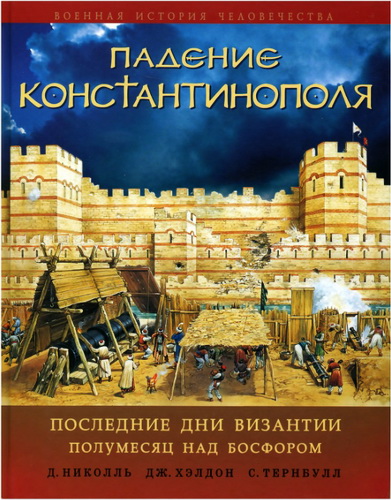
Vanhoozer - Everyday Theology: How to Read Cultural Texts and Interpret Trends
This is a book about everyday theology, written by everyday theologians for everyday theologians.
Everyday theology is the reflective and practical task of living each day as faithful disciples of Jesus Christ. Theology is not for Sundays only. Disciples must walk the Christian way the whole weekend and throughout the workweek. Theology is an everyday affair: to live to the glory of God is a full-time privilege and pursuit. Everyday theology is the mandate of every Christian who is actively trying to walk the way of truth and life.
Theology serves the church by directing the people of God in ways of speaking and acting that embody the love of God, the reconciliation won by Jesus Christ, and the fellowship of the Holy Spirit. Theology not only articulates beliefs but suggests “designs for living.” Precisely what form our life together takes, however, depends on where (and when) we are: the house churches in first-century Palestine are a far cry from medieval monasteries or modern megachurches. The gospel gets worked out somewhat differently in diverse cultural settings. The gospel—the power of God unto salvation—can transform culture; culture, however, is only too happy to return the compliment. Everyday Christians have to learn to negotiate their way carefully, following the one way of Jesus Christ through a variety of cultural byways.
Vanhoozer, Kevin J., Charles A. Anderson, and Michael J. Sleasman, eds. Everyday Theology: How to Read Cultural Texts and Interpret Trends
Annotated edition
Baker Academic, 2007
ISBN 978-0-8010-3167-0
Kevin Vanhoozer - Everyday Theology: How to Read Cultural Texts and Interpret Trends - Contents
- 1. Christianity and culture.
- 2. Theology, Practical.
- 3. Theology.
Kevin Vanhoozer - Everyday Theology: How to Read Cultural Texts and Interpret Trends - How and Why Christians Should Read Culture
Theology, my professor said, is the ministry of the Word to the world: the application of the Bible to all areas of life.1 Theological educators have typically tended to gravitate toward the first element of my professor’s definition: the Bible. Those training for the ministry have been traditionally required to study the history and theology of Scripture with attention to the original languages. Even schools that no longer require Hebrew and Greek continue to equip their students to interpret and to preach the text.
As to the second element of the definition—the application to all areas of life—students were left pretty much on their own. Yet life is complex; “all areas” is so comprehensive as to be intimidating, and “application” is as much art as it is science. No wonder, then, that people in the pews are so often left wanting to know how the Bible relates to the rough and tumble of daily life.
There is another way to think about theology that, while not contradicting the first, makes it relevant both to prospective preachers and to lay people. Theology, according to Anselm’s celebrated eleventh-century definition, is “faith seeking understanding” (fides quaerens intellectum): the attempt to grasp conceptually the nature of God, Jesus Christ, and humanity in light of the significance of God’s acts. Anselm himself produced two treatises that continue to serve as aids in understanding the nature of God and the necessity and significance of Jesus’ death respectively.2
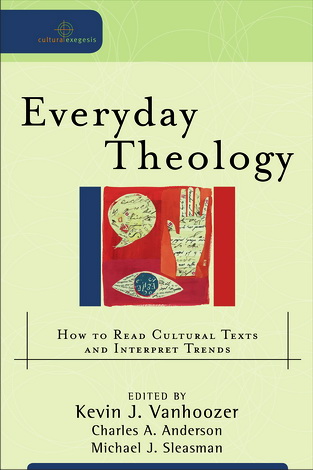
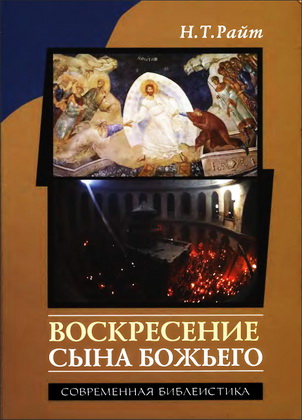
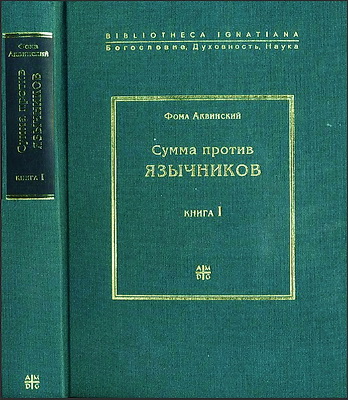
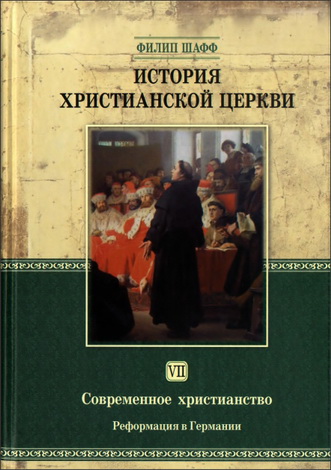
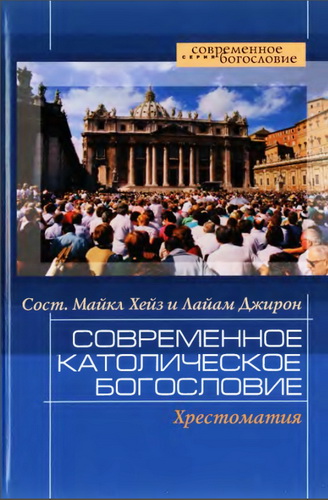
Комментарии
Пока нет комментариев. Будьте первым!